Eco-Friendly EV Charging Station
Charge Your EV with Clean Energy
Safe, Reliable, and Efficient
Explore Our EV Charging Station
AC Charging station with Single socket
Rated Operating Power Supply
100-240VAC, 50/60Hz
Channel
1
Max. Current
16A
Max. Power
3.3KW
Power Accuracy
±0.5%-±1%
Wireless Standard
Bluetooth 4.2
Ambient Humidity Range
0~95%RH (No condensation)
Ambient Temperature Range
0°C ~ 40°C
Storage Temperature Range
-10°C ~ 50°C
Plug Type
India/EU/US/FRA/UK


AC Charging station with two sockets
Rated Operating Power Supply
100-240VAC, 50/60Hz
Channel
2
Max. Current of each channel
16A
Max. Power of each channel
3.3KW
Power Accuracy
±0.5%-±1%
Wireless Standard
Bluetooth 4.2
Ambient Humidity Range
0~95%RH (No condensation)
Ambient Temperature Range
0°C ~ 40°C
Storage Temperature Range
-10°C ~ 50°C
Plug Type
India/EU/US/FRA/UK
AC Charging station with 10 Channels
Rated Operating Power Supply
100-240VAC, 50/60Hz
Channel
10
Max. Current of each channel
2.7A
Max. Power of each channel
600KW
Max. Power
4KW
Power Accuracy
±0.5%-±1%
Wireless Standard
Bluetooth 4.2
Ambient Humidity Range
0~95%RH (No condensation)
Ambient Temperature Range
0°C ~ 40°C
Storage Temperature Range
-10°C ~ 50°C
Plug Type
India/EU/US/FRA/UK

Leading The EV Charge In Every Industries
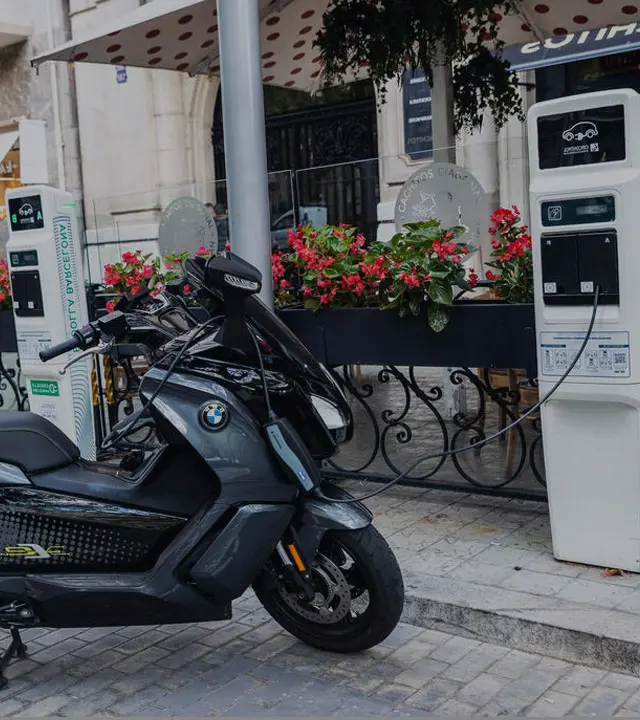
Workplace
Provide convenience for employees at work.
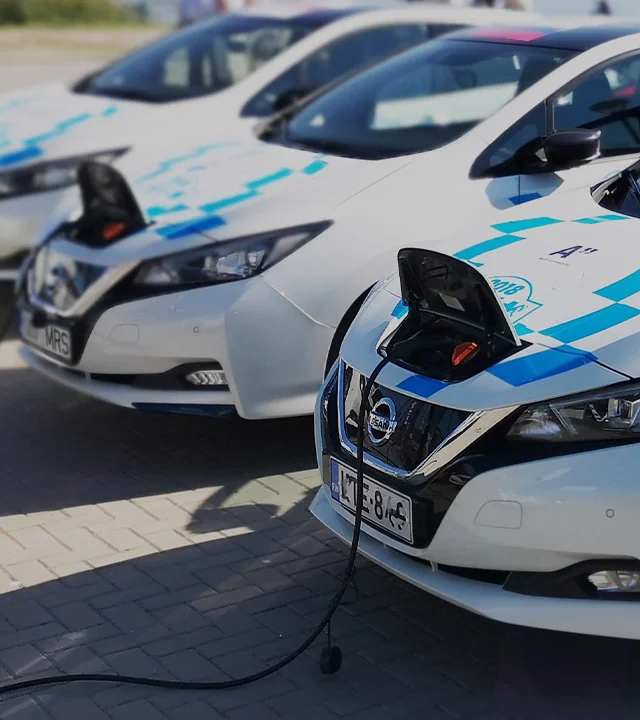
Fleets
Establish a sustainable business model by transitioning your fleet to electric power.
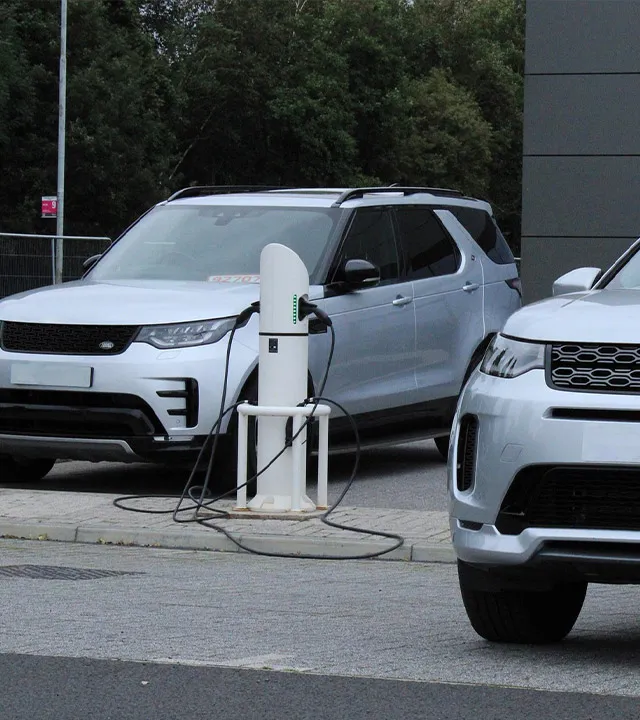
Automakers
Adapt your car dealerships to the increasing uptake of electric vehicles.
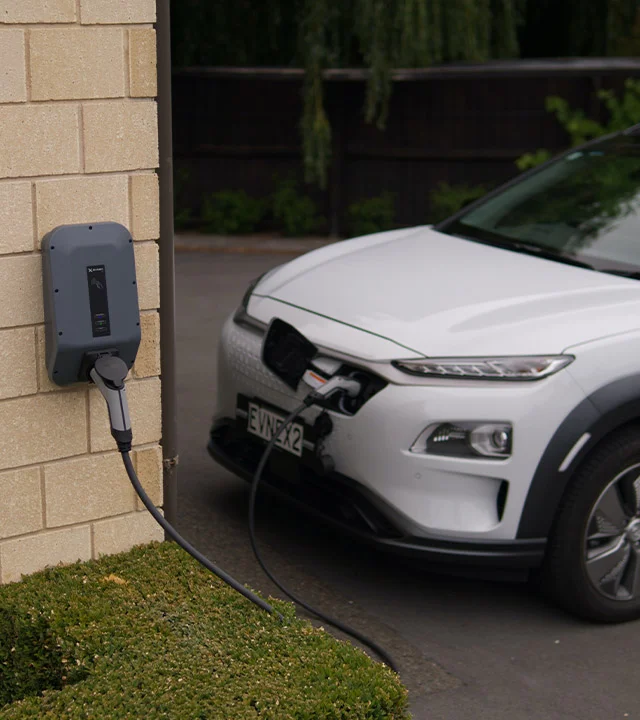
Home Charging
Charge your vehicles conveniently and cost-effectively overnight.
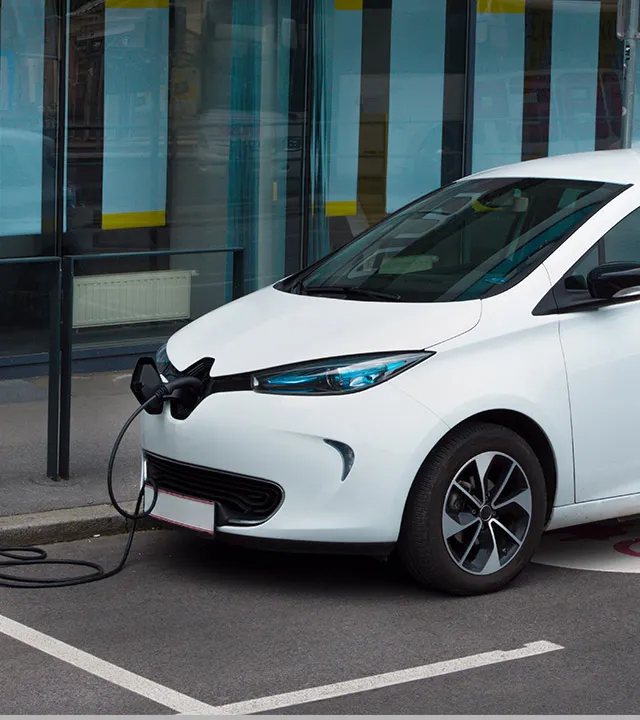
Commercial Parking
Engage with customers with EV and gain a competitive edge.
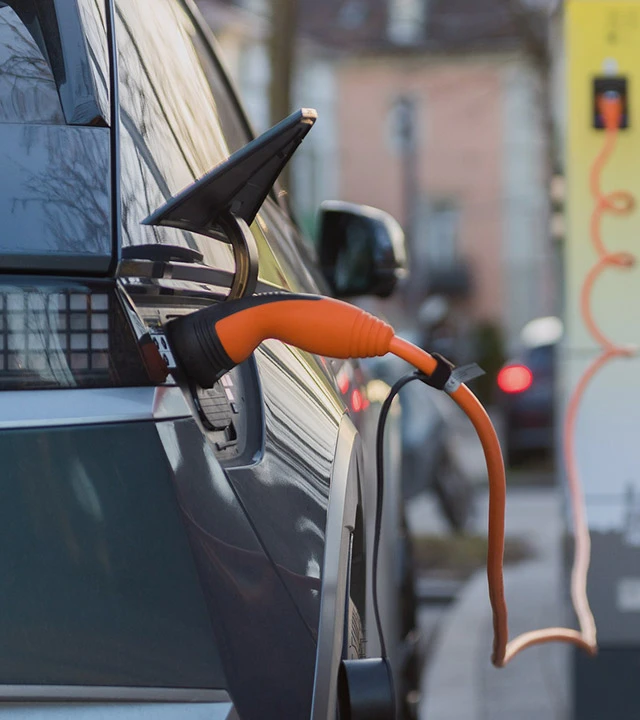
Retail & Hospitality
Convenient charging solution for EV drivers while they are shopping
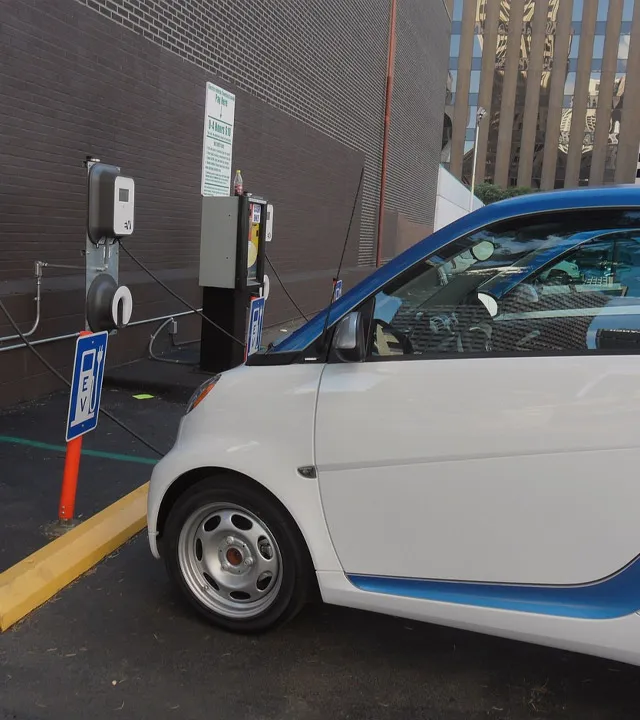
Cities & Municipalities
Act as a future-proof of your city’s infrastructure.
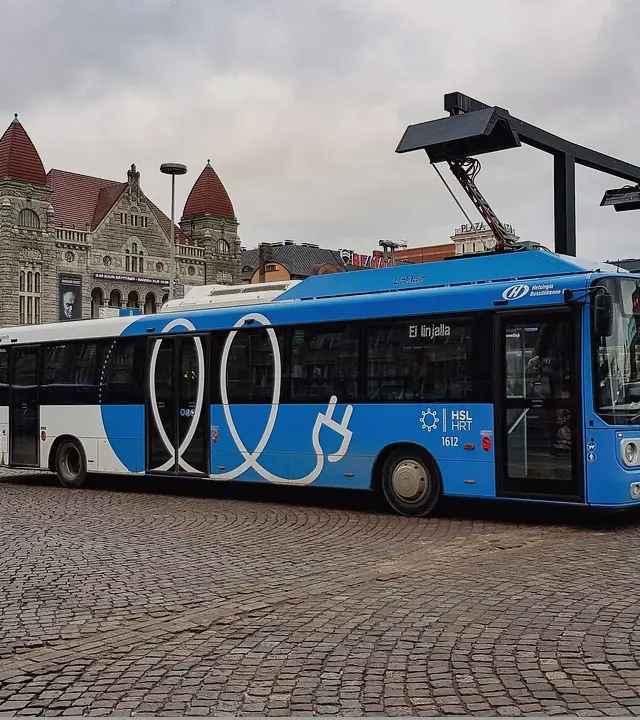
Public Transport
Keeping them on the road and reducing emissions.
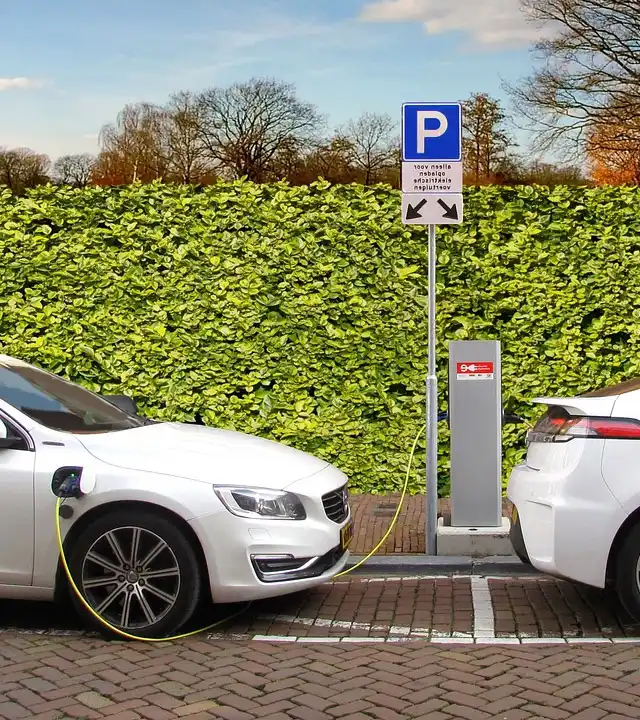
Charging network operators
Implement, expand, and oversee your electric vehicle charging infrastructure.
How To Charge The EV

Plug in
Connect to your charging port.

Tap to Start Your Charge
Start with our app.

Charge Up & Go
Your next destination awaits.
Why Choose Our EV Charging Station?

Multiple protection like overload protection, leakage protection and surge protection.

Quick-release mounting bracket and integrated cable management.

Durable, compact & weatherproof for outdoor and indoor installations.

Power, style, accessories and other aspects are customed according to the user’s needs.

Have a mature supply chain system and efficient manufacturing processes.

Charge fast and can adjust charging power intelligently.

Wall-mounted, stand-alone, and portable stations are available.

Level 1, Level 2 and DC Quick Charge are available.

Powered by clean energy sources that reduce emissions.

Support BLE communication, wifi and LTE is optional
How Does MOKOEnergy Demonstrate its ODM and OEM Capabilities?
Design
- Designing low ripple and low noise AC-DC power supply circuits.
- Adjusting antenna efficiency to maximize communication quality for wireless products
- Adhering to safety regulations and radiofrequency certification standards in all designs.
- Developing accurate measurement products through our extensive experience in the meter industry.
- Utilizing our rich experience in high-voltage power supply design to enhance product protection design.
Manufacturing&Testing
- Conducting complete PCBA and machine testing.
- Utilizing professional calibration instruments to enhance energy measurement accuracy.
- Performing aging tests on our products with dedicated aging test equipment.
- Utilizing shielded rooms to test wireless products.
- Employing reliability testing equipment to ensure the overall quality of our products.
One Partner For All of Your Charging Needs
We offer easy management of hardware and APP SDK for quick integration into your system.

Robust and scalable EV charging station
Widely compatible, built on open standards and designed for everyone.

Powered by intelligent software
Empower you to monitor, control, and optimize your electric vehicle charging infrastructure.

Professional design and manufacturing capability
70+ R&D teammembers and advanced manufacturing equipment, 17+ years of expertise.

Support every step of the way
Take care of your charging network from product design, manufacturing and aftersale services.
FAQs of EV Charging Station
An EV charging station is a mechanism utilized to recharge electric vehicles.
First, before installing an electric vehicle charging station, the installation environment should be surveyed. Second, the specific type of charging station to be installed should be considered. Third, the power supply form of the specific installation location should be understood. Finally, communicate with the property management of the community regarding parking space issues.
There are three types of charging stations: Level 1, Level 2, and DC fast charging. Level 1 and Level 2 charging stations are typically used for residential or workplace charging, while DC fast charging stations are used for public charging.
Generally, Level 1 charging takes 8-12 hours, Level 2 charging takes 4-6 hours, and DC fast charging takes 30-45 minutes to charge an electric vehicle to 80% capacity.
(1) power source;
(2) three-phase electric power;
(3) charging points;
(4) masters;
(5) server with a database;
(6) asynchronous serial connections;
(7) communication TCP/IP;
(8) slaves.
Yes, most charging stations can charge multiple electric vehicles simultaneously. However, certain stations may have constraints on the quantity of vehicles that can be charged concurrently.
Yes, Level 2 charging stations require a 240-volt electrical outlet, which is typically not found in a standard household electrical system. It may require the professional installation of a new electrical circuit.
Certainly, you can charge your electric vehicle at your home using either a Level 1 or Level 2 charging station. However, it is recommended to consult with an electrician to ensure your home electrical system can support the charging station’s power requirements.
You can find public charging stations using our mobile apps, which provide real-time information about the location and availability of public charging stations.
The cost of charging an electric vehicle is determined by the electricity rates applicable in your locality, the size of your electric vehicle’s battery, and the charging station’s power output. Typically, charging an electric vehicle is less expensive than refueling a gasoline-powered vehicle.
The global electric charging pile market is estimated to reach $5 billion in 2020 and is expected to reach $17 billion in 2027.


